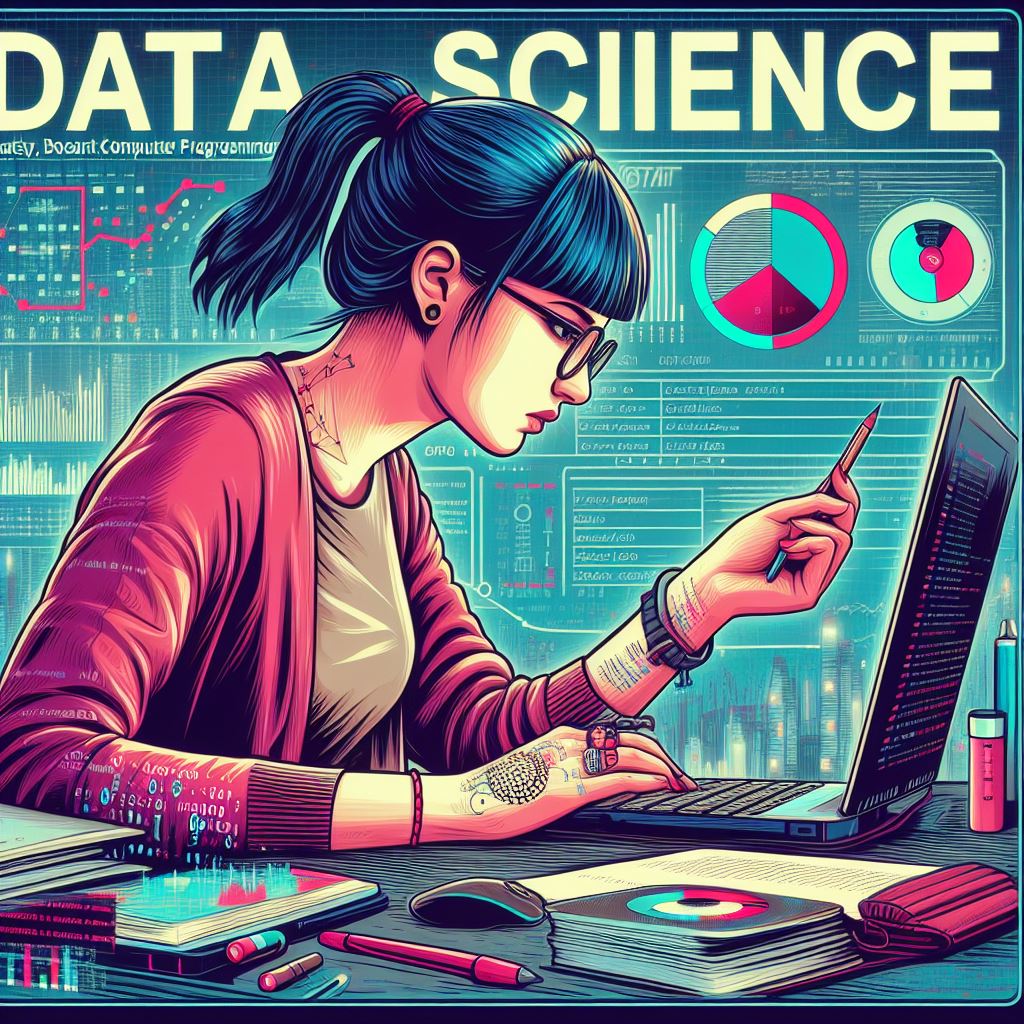Machine learning (ML) has become a game-changer in the healthcare industry, offering new possibilities to improve patient outcomes, streamline medical processes, and reduce healthcare costs. With the rapid advancements in data processing and algorithmic learning, machine learning is transforming how healthcare providers diagnose, treat, and manage patients. In this article, we will explore the most prominent applications of machine learning in healthcare and its impact on the future of medicine.
One of the most significant areas where machine learning is making an impact is in medical imaging. Traditional diagnostic methods often rely on human expertise to interpret medical scans such as X-rays, MRIs, and CT scans. However, machine learning algorithms can analyze these images more quickly and accurately, sometimes identifying issues that might be missed by human eyes. Tools like deep learning-based algorithms are used to detect early signs of conditions like cancer, heart disease, and neurological disorders, allowing for quicker interventions and better prognoses.
Another area where ML is excelling is in predictive analytics. By analyzing vast amounts of patient data, machine learning models can predict patient outcomes, such as the likelihood of developing chronic conditions or the risk of hospital readmission. For example, ML models can analyze electronic health records (EHR) to detect patterns in patient history, lifestyle, and genetics, providing doctors with actionable insights that improve the decision-making process. This predictive ability can also be used to identify at-risk populations for preventive care, thus reducing overall healthcare costs.
Machine learning is also playing a crucial role in personalized medicine. Traditional treatments often follow a “one-size-fits-all” approach, which can be less effective for certain individuals. With ML, healthcare professionals can create personalized treatment plans based on a patient’s genetic makeup, lifestyle choices, and other factors. For instance, algorithms can analyze genetic data to identify which medications are most likely to work for a patient, helping to avoid trial-and-error prescriptions. This not only improves patient outcomes but also minimizes adverse reactions and reduces the overall treatment cost.
The rise of virtual healthcare assistants powered by machine learning is another exciting application. These AI-driven tools can support both patients and healthcare providers by answering common medical queries, scheduling appointments, and providing reminders for medication. Virtual assistants are particularly useful in telemedicine, where patients interact with doctors remotely. By leveraging ML, these assistants can help streamline administrative tasks, allowing healthcare professionals to focus more on direct patient care.
Lastly, drug discovery and development is another key field benefiting from machine learning. The traditional process of developing new drugs is long, costly, and often ineffective. Machine learning helps expedite this process by analyzing biological data and predicting which drug compounds are most likely to be effective. Algorithms can also help in designing clinical trials by identifying the most suitable candidates for specific therapies, ultimately reducing time and costs associated with bringing new drugs to market.
The impact of machine learning on healthcare is undeniable, with the potential to improve not only the efficiency of medical procedures but also the overall quality of care. As technology continues to advance, we can expect even more innovations in the way healthcare is delivered, with machine learning playing a pivotal role in shaping the future of medicine.
